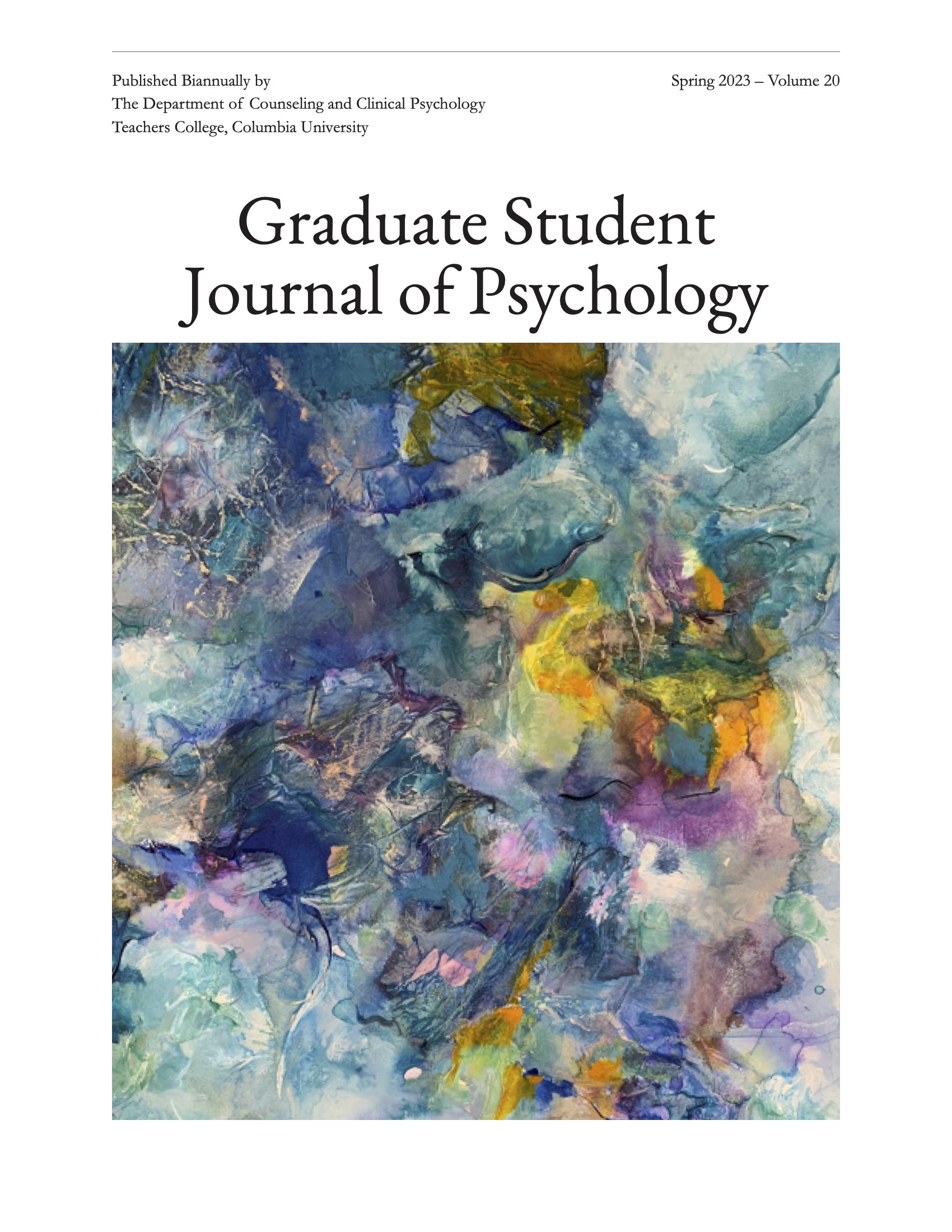Predicting Satisfaction With Life and Affect Balance Using Trait Interactions
Main Article Content
Abstract
There is robust support for the finding that subjective well-being (SWB) relates positively to extraversion, agreeableness, and conscientiousness; and negatively to neuroticism (Soto, 2015), but little research has examined how SWB can be predicted from interactions between traits. It was hypothesized that conscientiousness, extraversion, and agreeableness would moderate the relationship between neuroticism and SWB, as measured by satisfaction with life (SWL) and affect balance (AB). In Study 1, self-reports of the Big Five personality traits, SWL, and AB were collected via MTurk (N=1035). Hierarchical regression analyses were used to predict SWL and AB from interactions between traits. The relationship between neuroticism and SWL was moderated by conscientiousness (b=.15, p=.02) and extraversion (b=11, p=.03), while the relationship between neuroticism and AB was moderated by conscientiousness (b=.09, p=.02) and agreeableness (b=.09, p=.03). Positive personality traits (defined as extraversion, agreeableness, and conscientiousness within this study) were positively related to SWB at high levels of neuroticism, but unrelated to SWB at low levels of neuroticism. This was explored further using a student population in Study 2 (N=151), and the results were partially replicated. This study highlights the importance of considering more than one trait at a time when predicting important outcomes such as SWB.
Article Details

This work is licensed under a Creative Commons Attribution-NonCommercial 4.0 International License.

